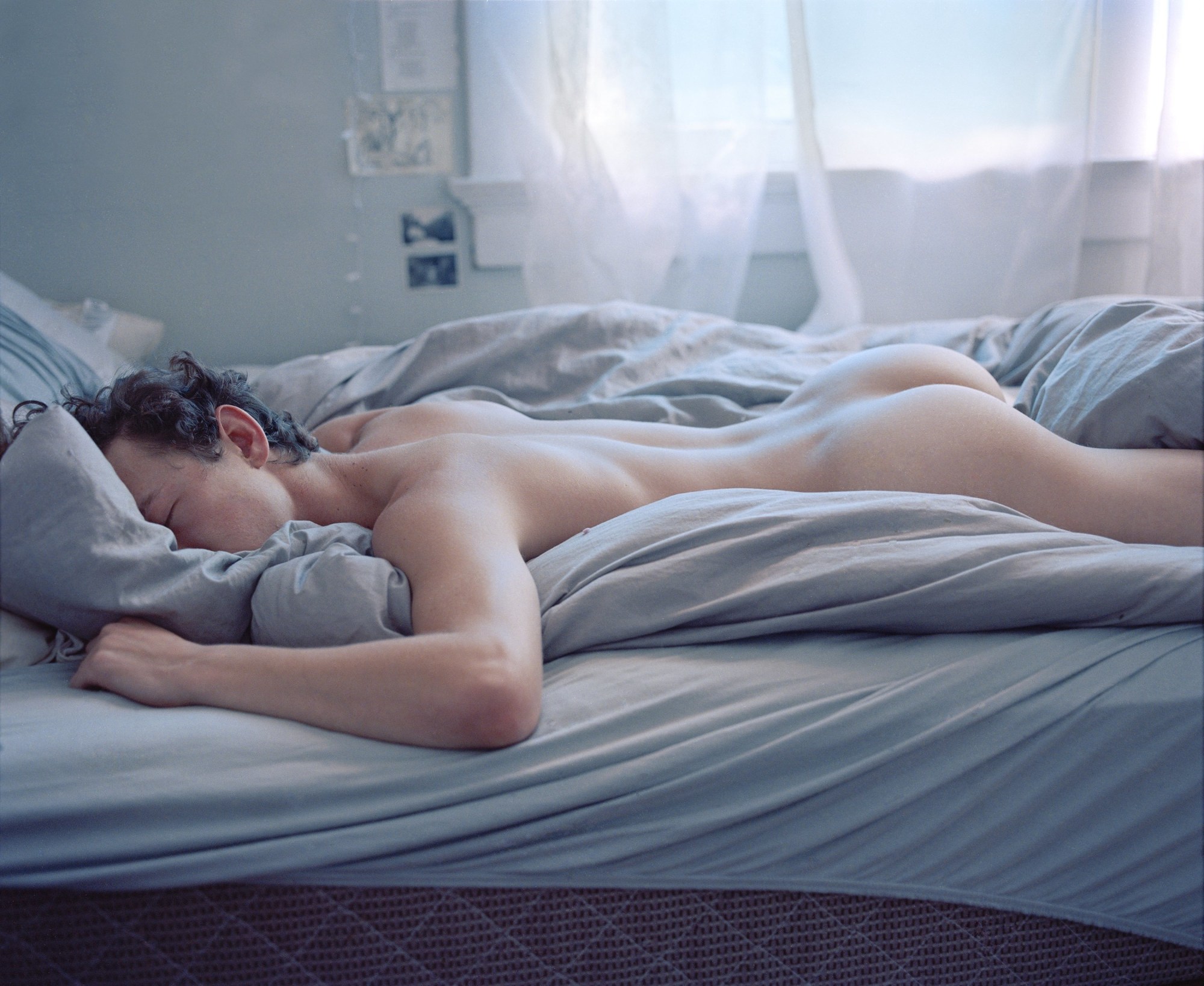In one of Marisa Chafetz’s photos from her time in New Orleans, she sits at her kitchen counter with tousled hair and a tumbler of whiskey. “It was part of a self-portrait project that tailed off,” she explains, “I made it with the concept of: I’m going to shoot myself as a character that I thought I would become when I moved to the South.”
She had many ideas about how she might change when she left her childhood home in suburban Long Island to study at Tulane. “I thought about all of these narratives of southern women. I was kind of excited to embody that. You know, I’m a Jewish girl from New York. I thought I’d become softer or sexier or something. But when you move, you’re just you somewhere else. So I started to make a series about people I thought I’d become by living in New Orleans.”

Chafetz, who began taking photos at a friend’s horse competition at age 10, has quickly made a name for herself as a documenter of adolescent experience. In 2016, she was part of a portfolio for New York magazine about sex on college campuses and her work is marked by its honesty and immediacy. Bare skin, natural light, and a dream-like soft focus abound in her images. The summer after her sophomore year, she interned for photographer Olivia Bee, and her early images share Bee’s free-wheeling energy.
When she arrived at college, Chafetz shot 35mm film of sweaty nights out dancing. “It was all of these crazy flash photos, but then I started dating my boyfriend and I feel like the series became about me falling in love with him, and the way that I started to exist in the city,” she says, “I was more settled, less crazy.”
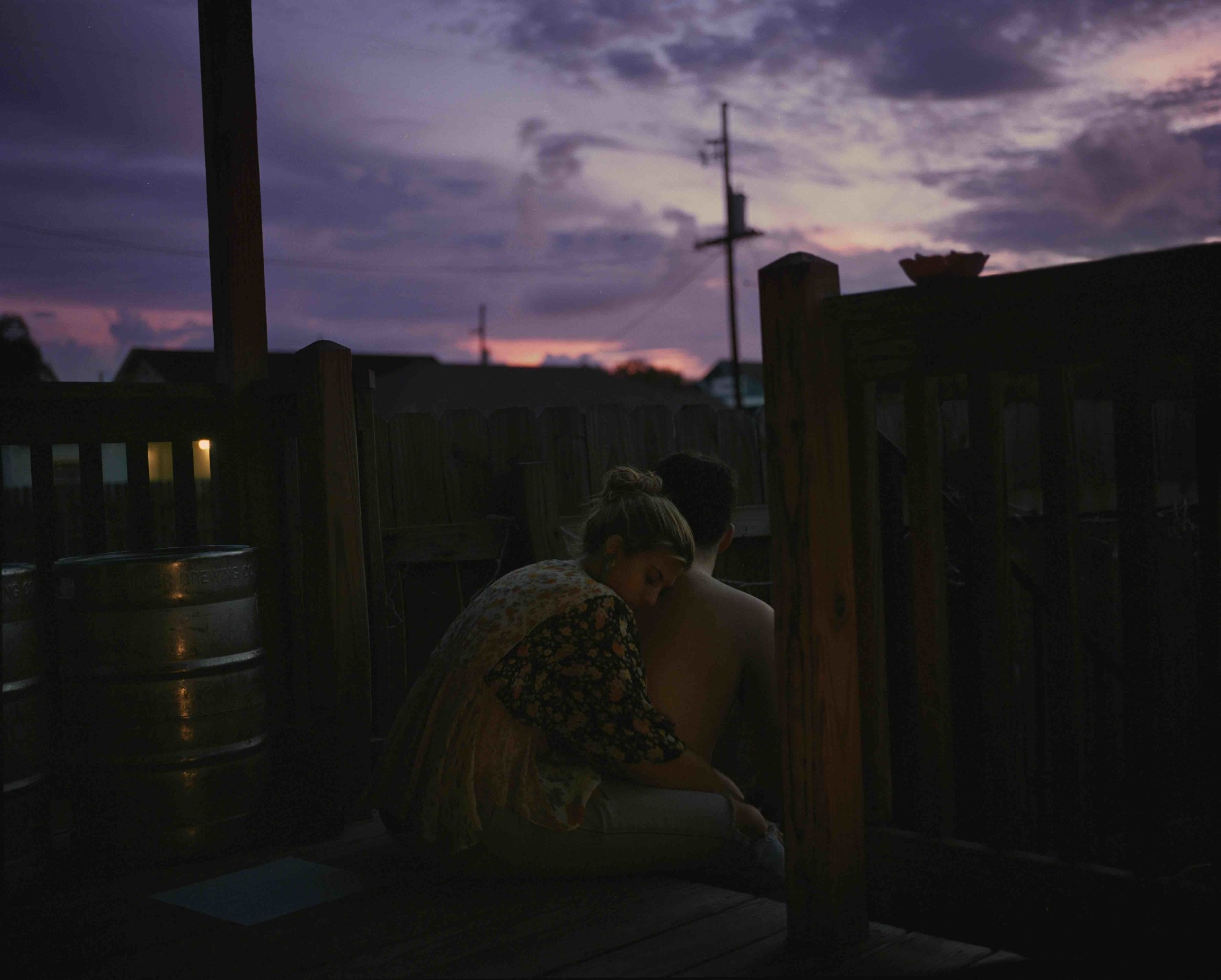
The later images capture calmer moments: a guy lounging face-down in bed in the early-morning light, two chatting friends lit up by swimming pool lights, her boyfriend perched on the branch of a tree covered in Spanish moss.
“During my time in New Orleans, I always felt really compelled to shoot and capture it,” Chafetz explains. “Everyone who’s been there knows it’s the most beautiful, easily photographable place. But it’s really loaded, politically. It’s always felt like not my place as an outsider and a white person to come in and say things about this city that I’ve only lived in for four years. So all of those photos are the way that I found to document my time there. They’re a lot more about feelings, how it made me feel living there, rather than the actual landscape of the city and the people.”
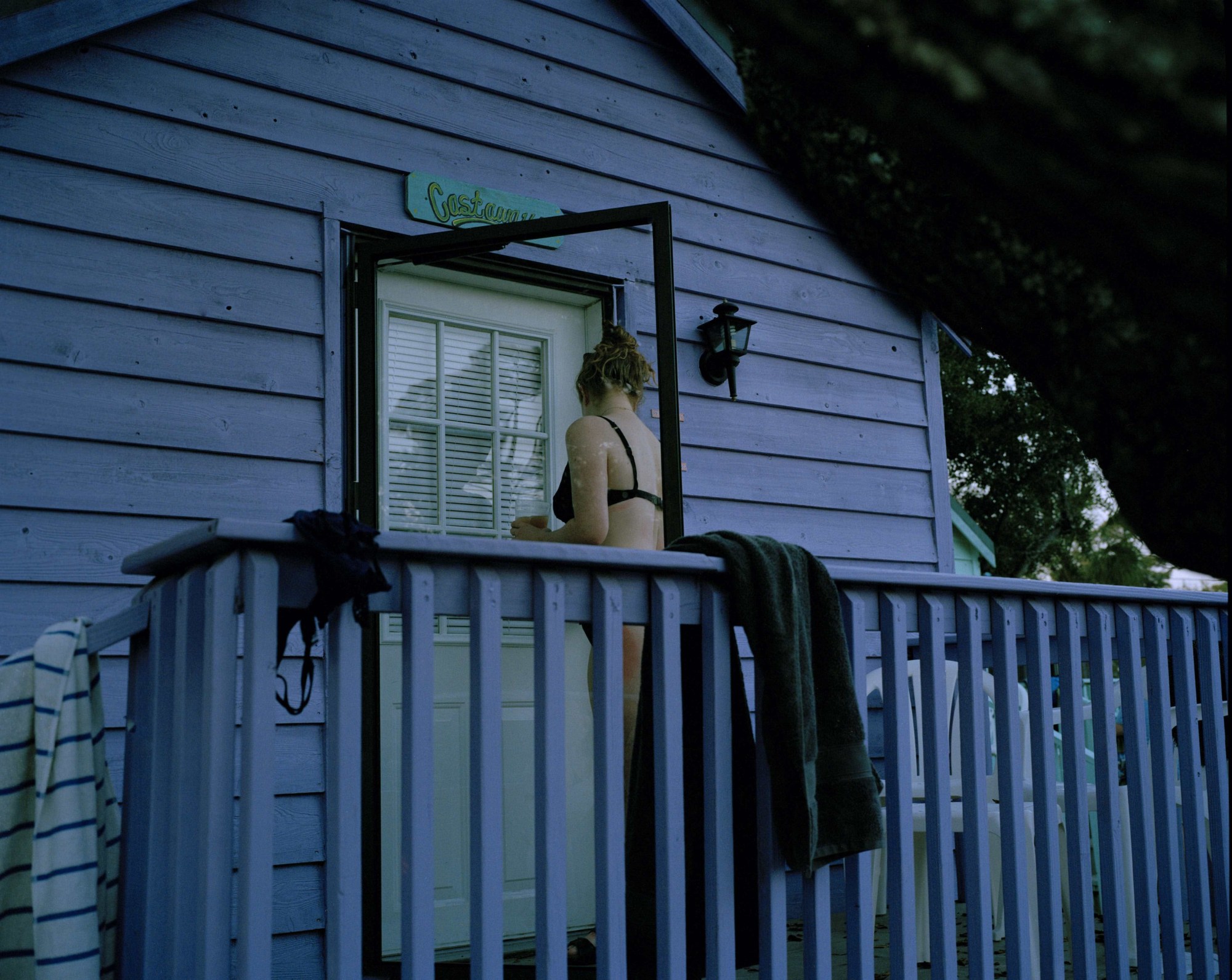
The images were never intended to be a project. But now that Chafetz has graduated and left New Orleans (bar a final U-Haul trip to pick up her remaining things), the body of work feels “complete,” she says.
Now, she’s moving towards a more controlled form of photography that pushes at the boundaries of documentary. “Tina Barney and Larry Sultan are two references I often make,” she says. Her recent project “We Are Ugly but We Have the Music” explores the gradual unraveling of her tight-knit but large “communal family” — the three families she grew up with on her block in Long Island. Her images of her siblings (biological and acquired) heading to their sweet sixteens, texting through family dinners, and putting on makeup conjure the staged realities of Barney’s family dramas — but seen through a slightly softer lens. “They know that when I’m making a photo of someone, I’m making it with love,” Chafetz says of shooting her family.
The same could be said of her photos from New Orleans. While her “Sex on Campus” portfolio felt more like an “exposé,” she says, her photos of her own college experience are a tribute to “real intimacy.”
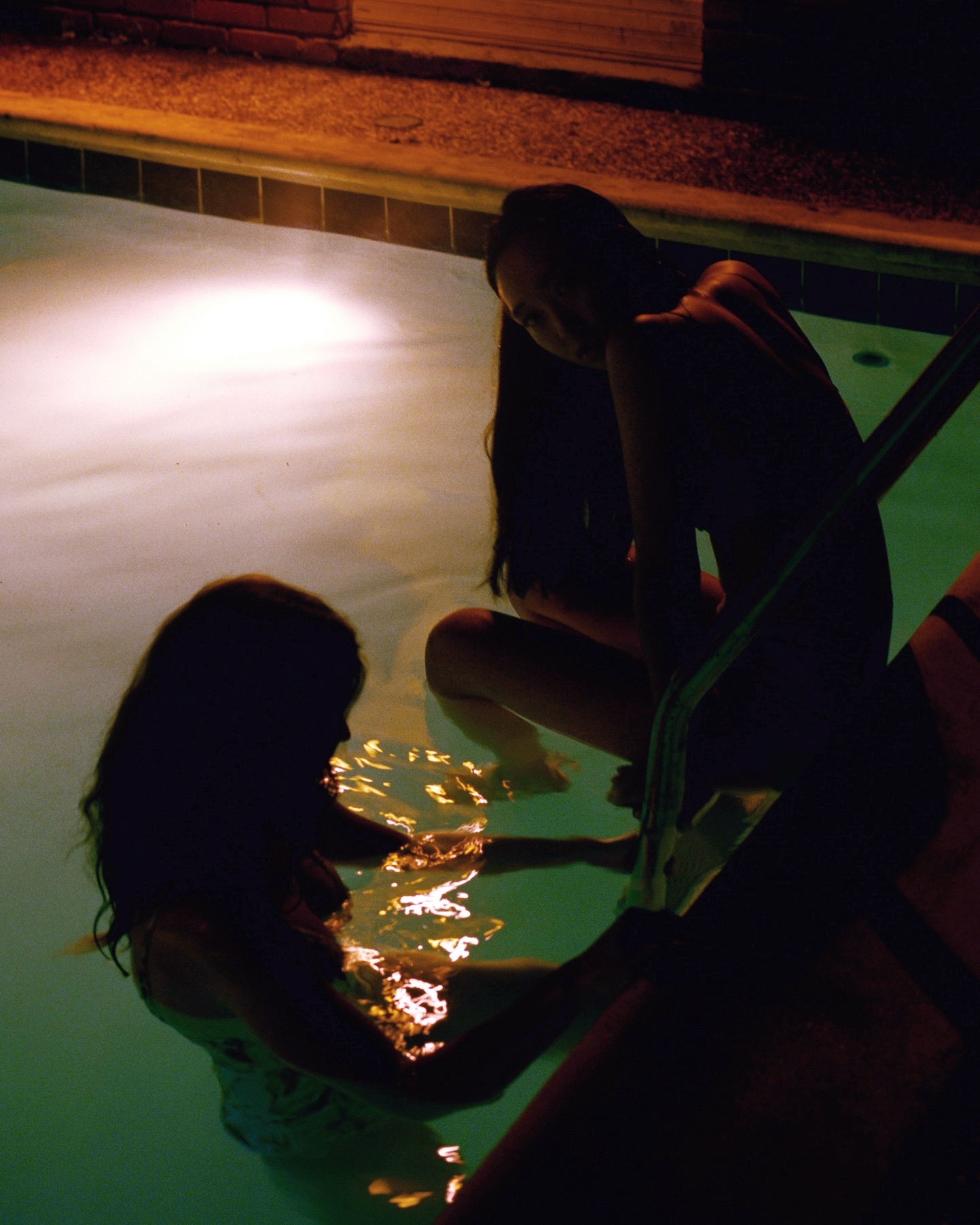
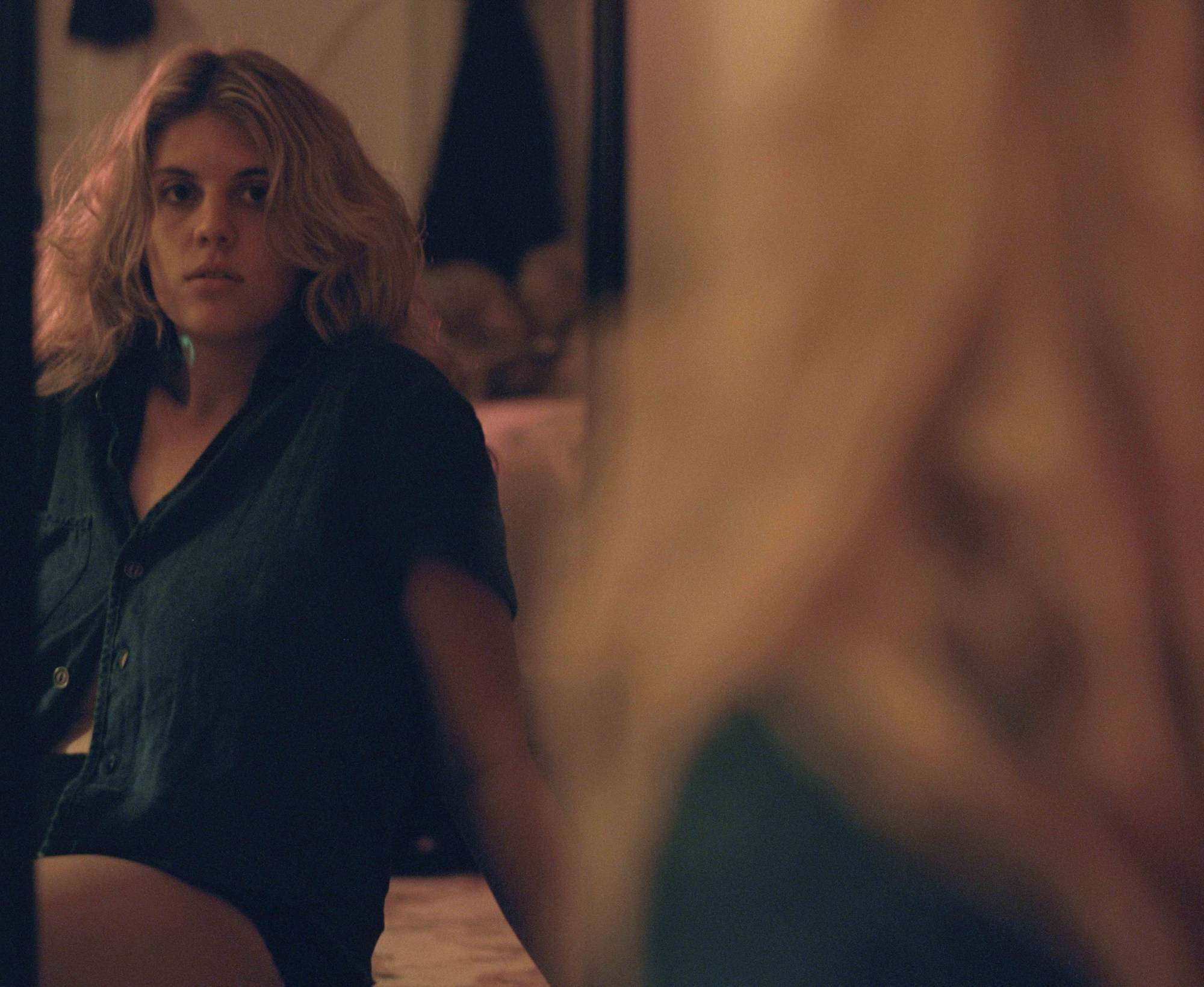
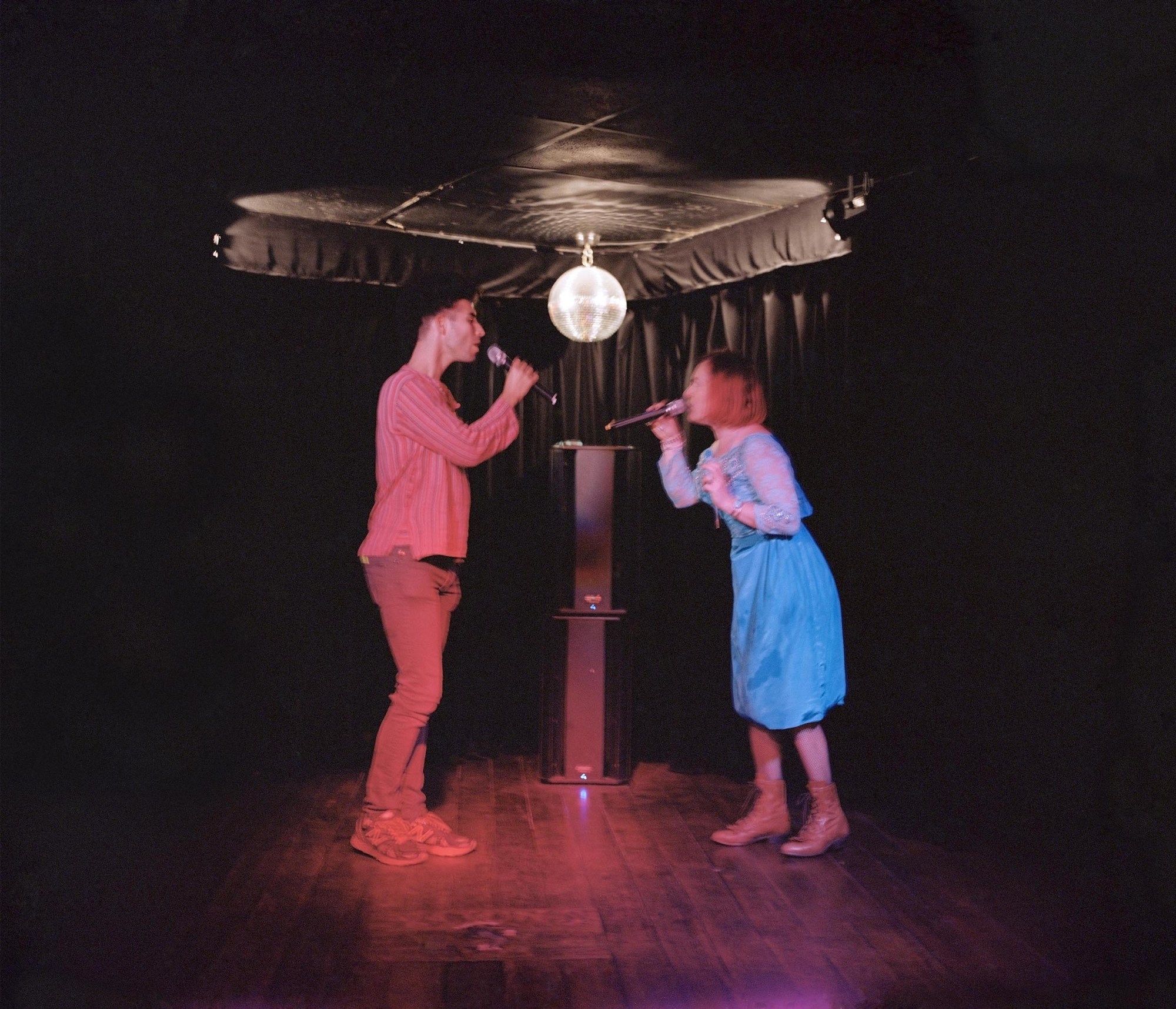
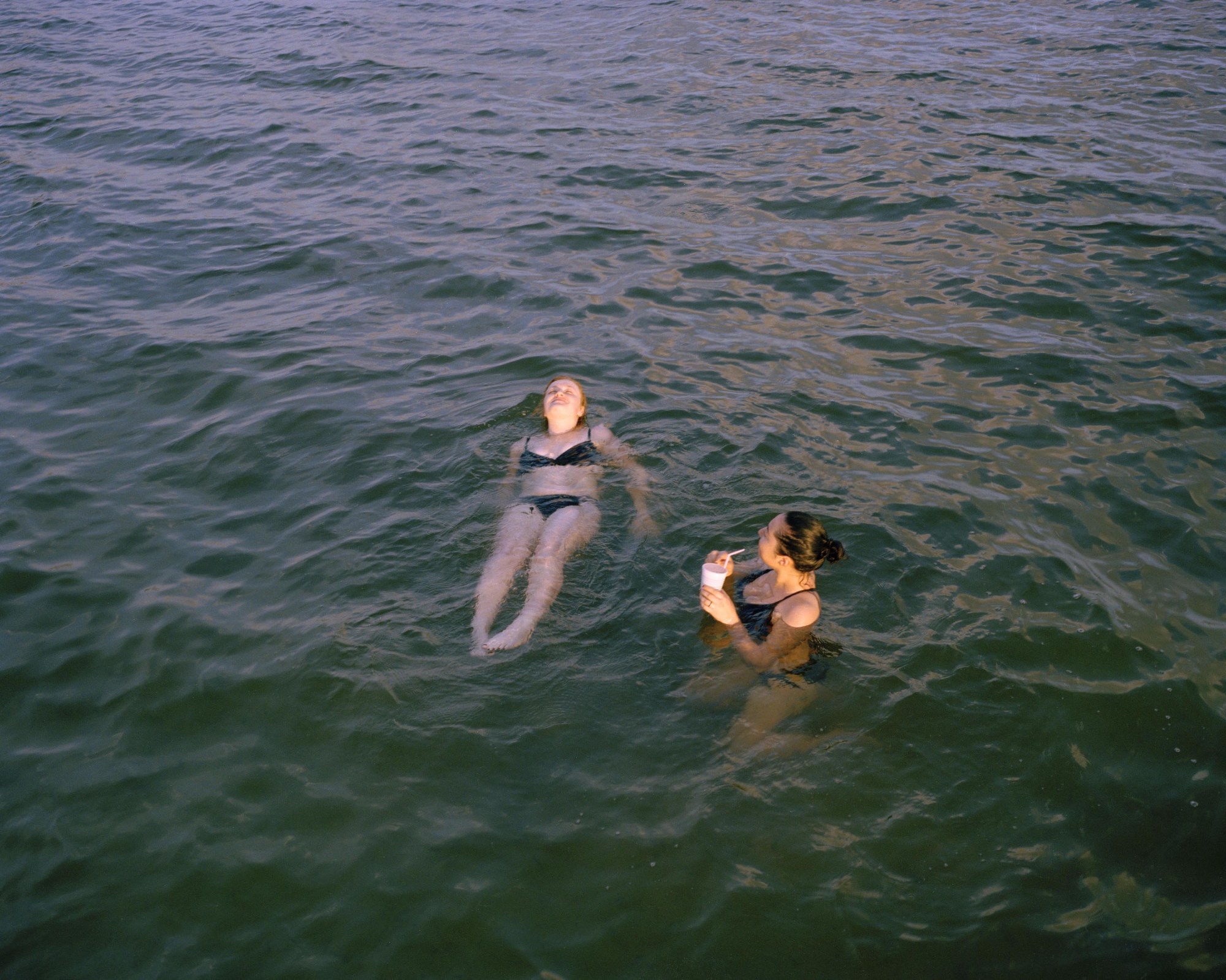
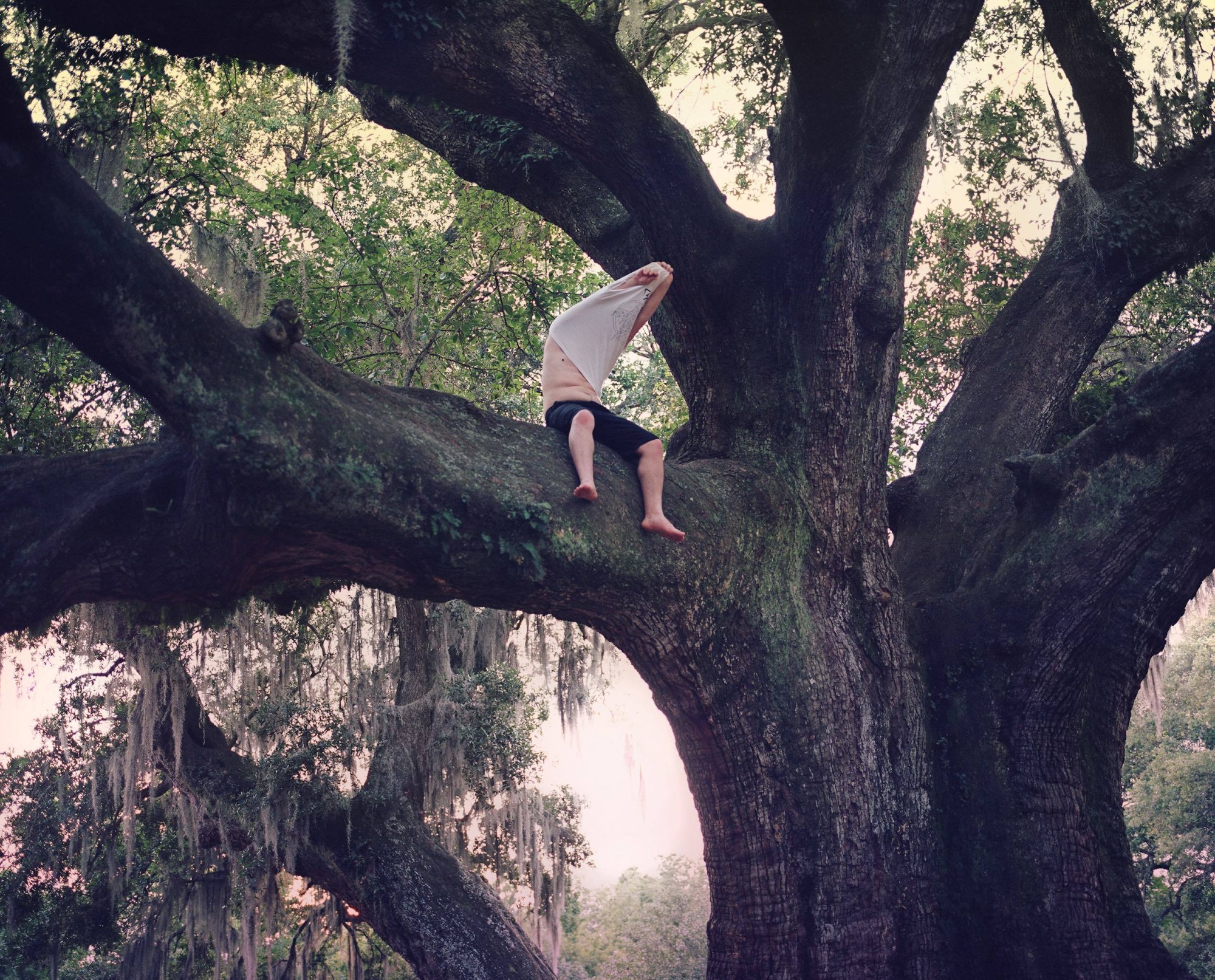

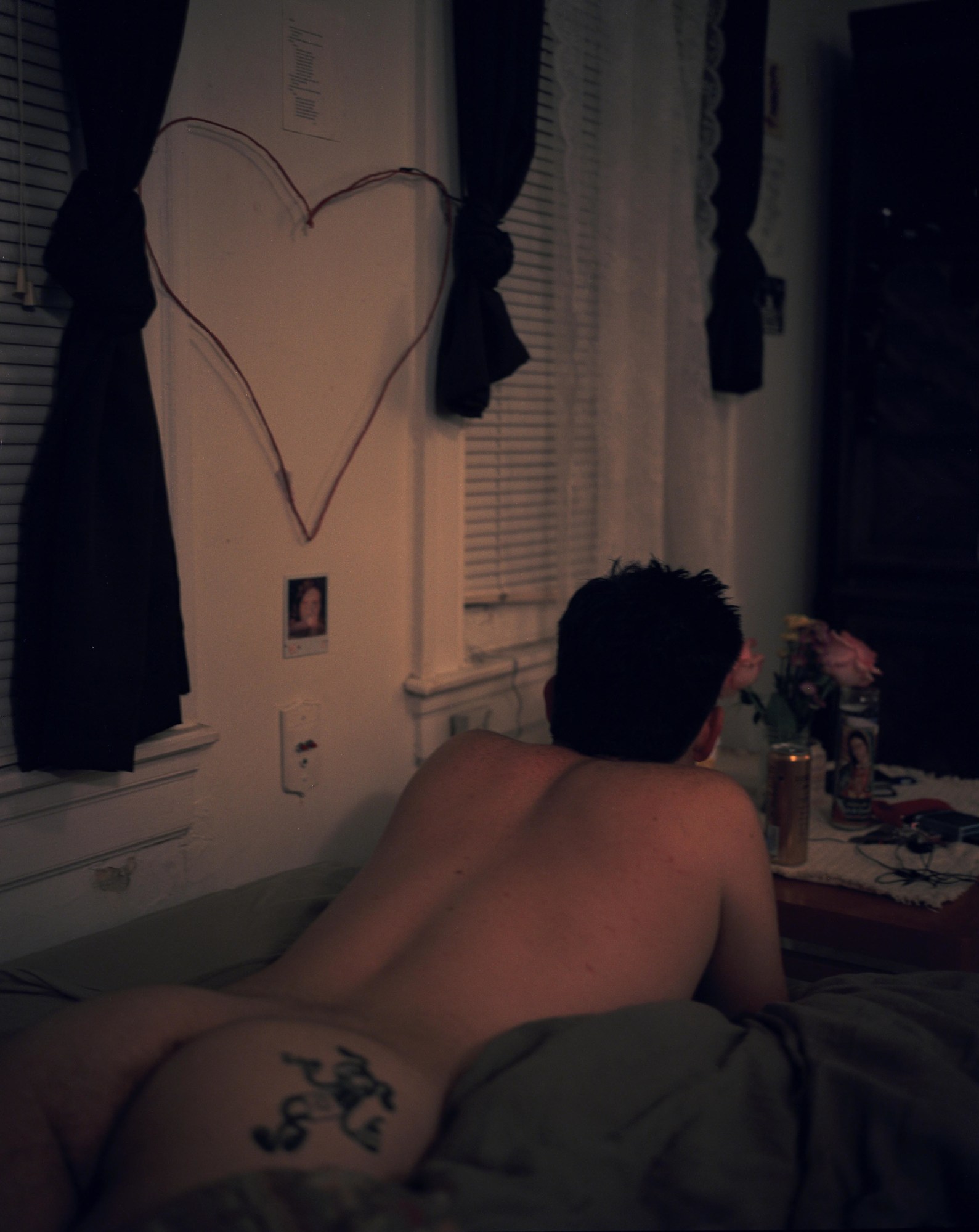
Credits
Text Alice Newell-Hanson
Photography Marisa Chafetz
